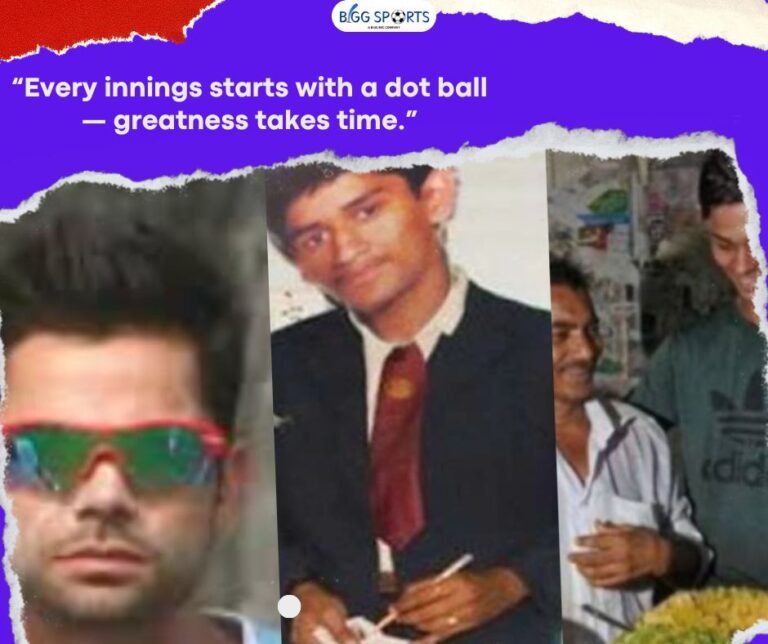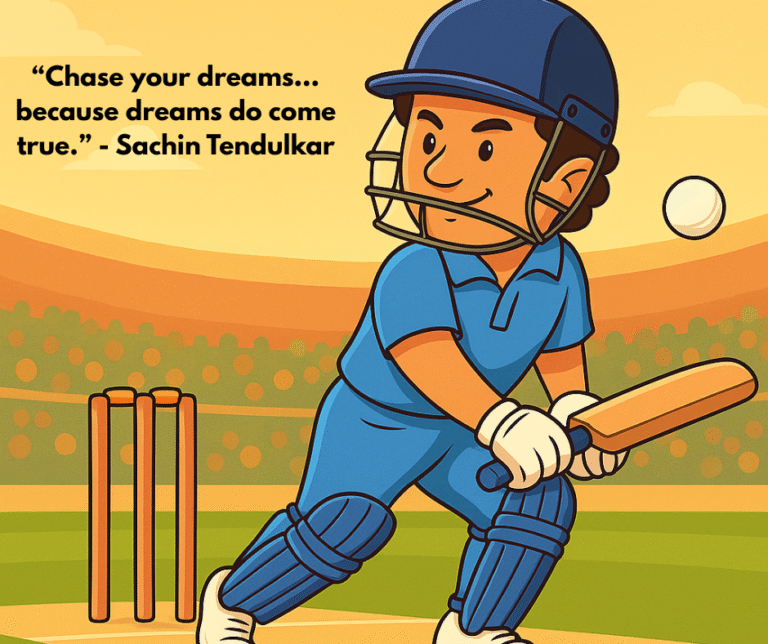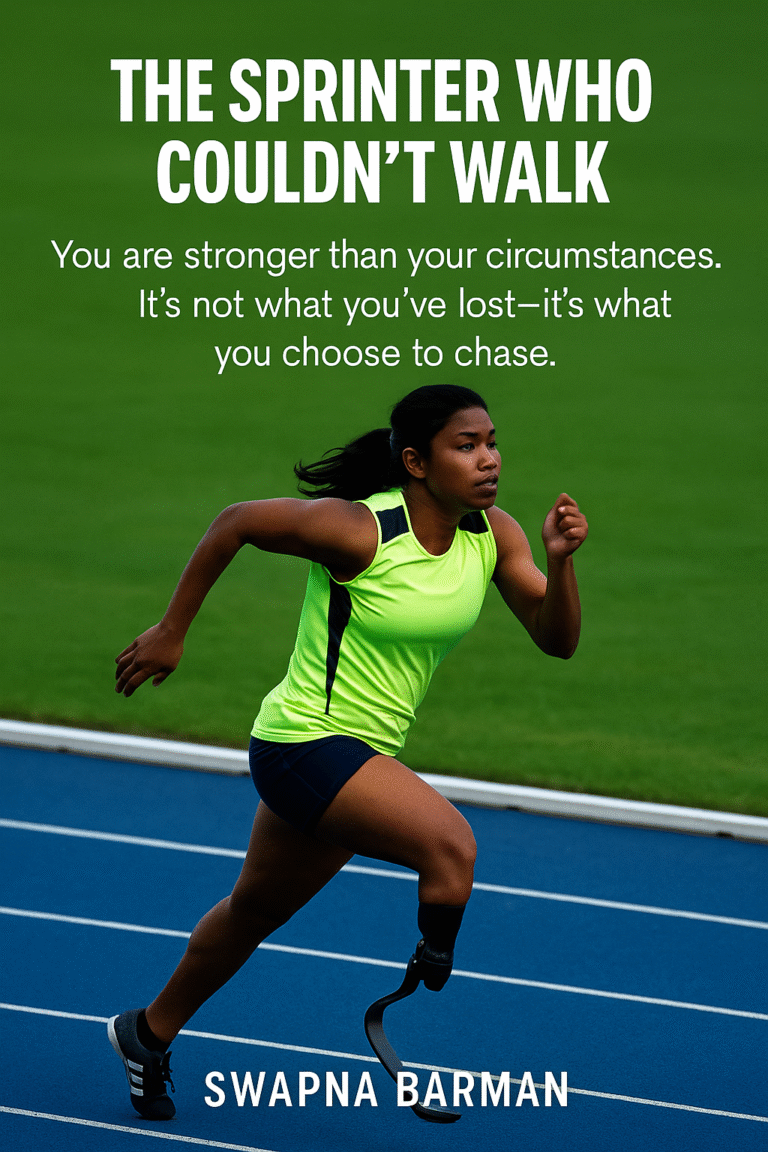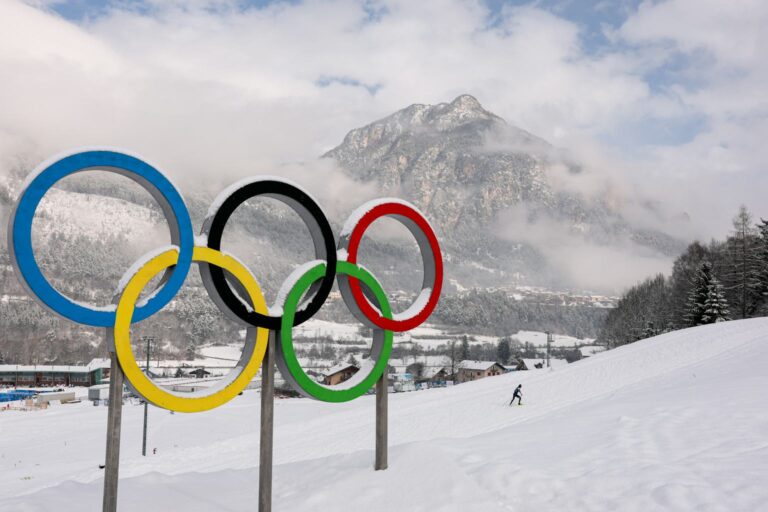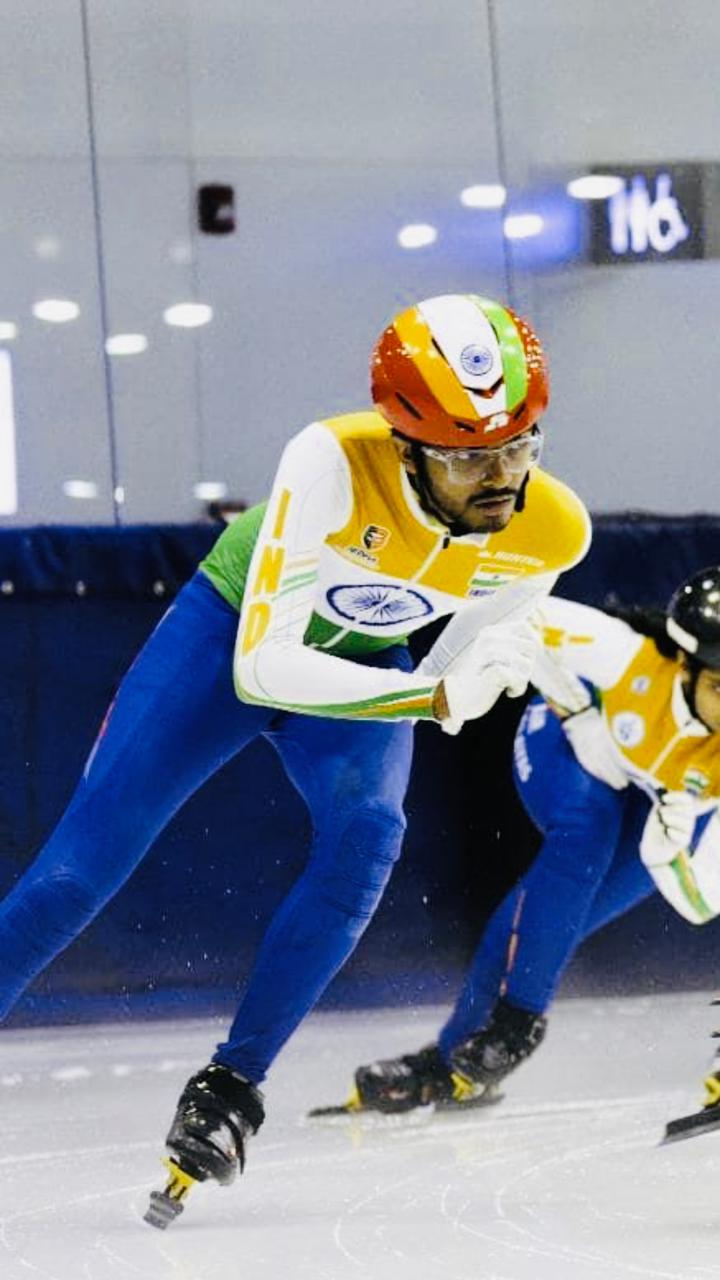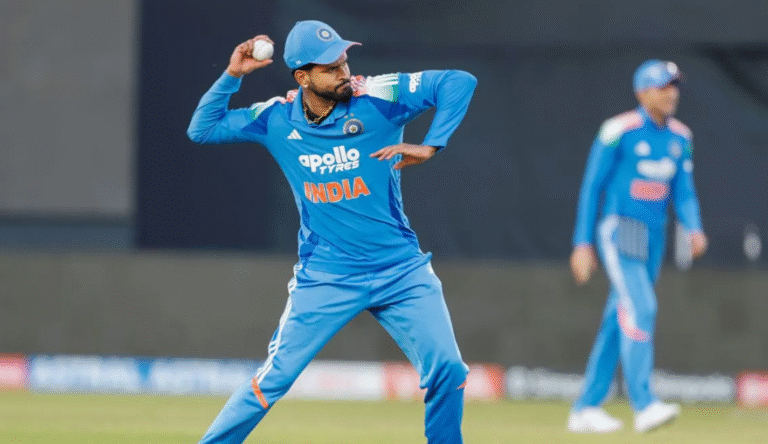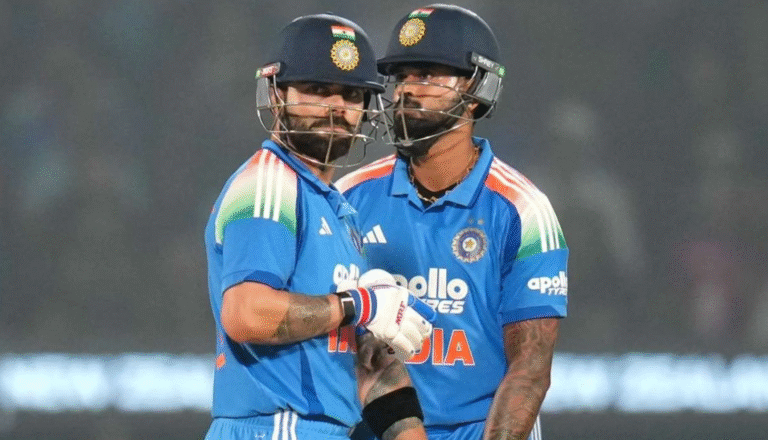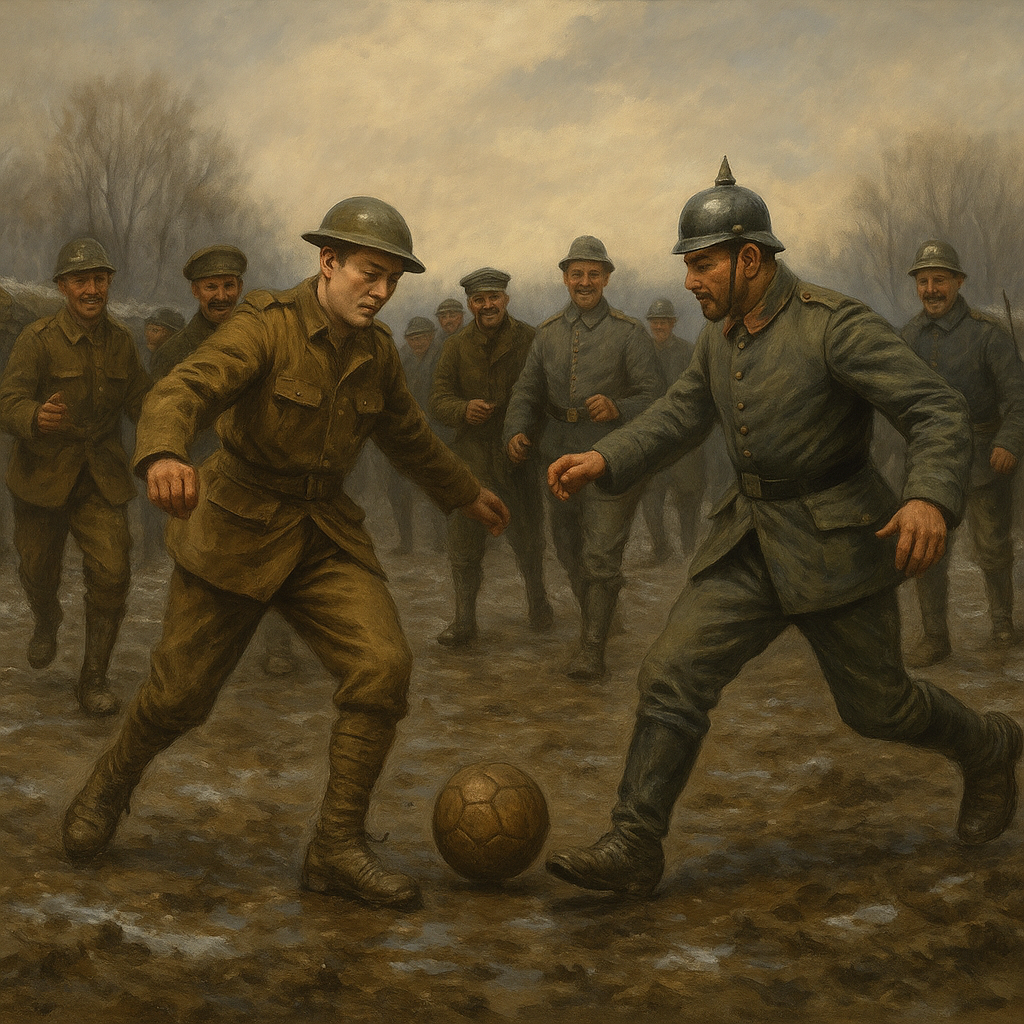
December 24, 1914. Somewhere on the Western Front. The air was cold enough to freeze bone. Gunfire had been the soundtrack of every morning. For Private James, a young English soldier, the trench was not a battlefield anymore—it was home. Mud, misery, and memories of a life left behind filled his every breath.
Across the field, in a trench not so different, Franz, a German soldier barely out of school, stared at the same gray sky. The war had promised glory. It had delivered fear.
That night, a soft tune pierced the silence.
“Stille Nacht… Heilige Nacht…”
“Silent night… holy night…”
It was coming from the German side.
One by one, voices joined in—different accents, same melody. The British soldiers, stunned, answered with their own song. Soon, both trenches were singing.
Then came the unthinkable: a German soldier waved a white cloth and climbed out.
Weapons lowered.
One by one, men from both sides emerged, not as enemies, but as human beings. They exchanged chocolates, cigarettes… and then, someone kicked a ball.
There were no goals, no referees, no flags. Just laughter, muddy passes, and sliding tackles in worn-out boots. For a brief moment, the Western Front became a football field.
The war didn’t end that night, but for a few sacred hours, something more powerful than bullets had taken over: sport.

⚽ The Lesson That Lives On -war
Today, over a century later, we remember not the names of the generals from that day—but the unknown soldier who kicked that ball.
Because sometimes, the strongest thing you can do in the face of conflict is to create connection.
So this morning, whether you’re on a field, in an office, or facing your own inner battles, remember:
The ball is in your hands.
Play not to fight—but to unite.
Follow BiGG Sports News for sports news stories and motivation

